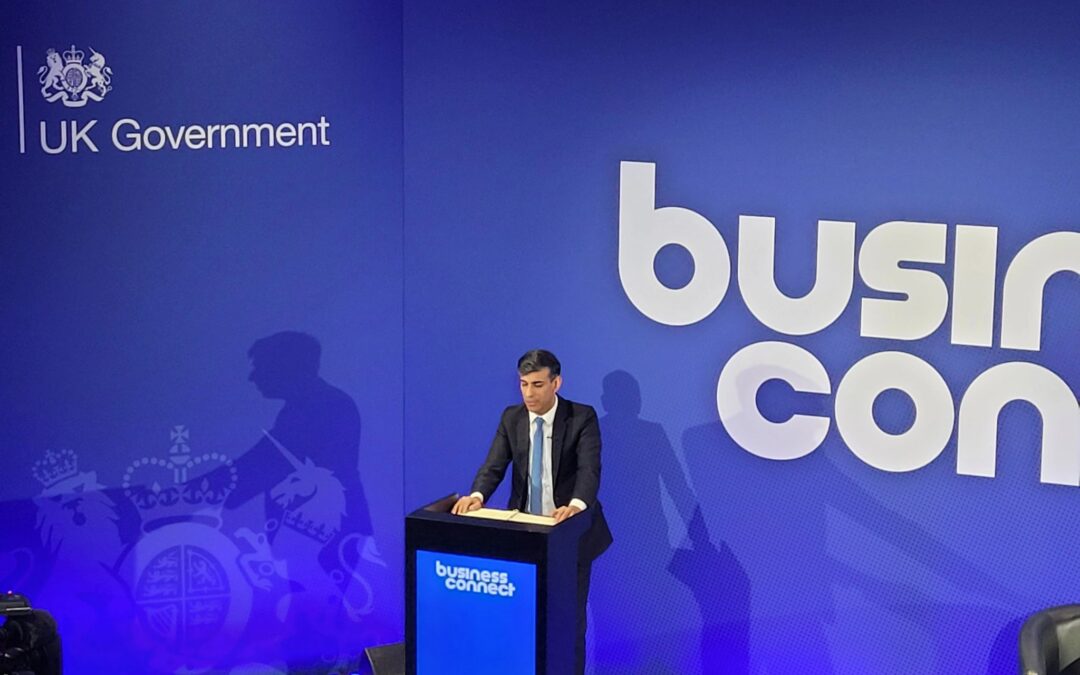
Immigration rules: what has changed in April
For new workers the Government has announced a number of changes to the Points‐Based Immigration System (PBIS). These seem to be designed to reduce overall net migration and do make it harder for FIS Members to engage overseas workers. The key changes are outlined below.
Workers need to earn more than under the old system
The earning threshold for the Skilled Worker visa has risen from £26,200 to £38,700, as well as raise the Immigration Health Surcharge from £624 to £1,035. The Shortage Occupations List will also be replaced with a new ‘Immigration Salary List’, which retains a general salary discount but includes fewer occupations (plastering and drylining is not on the list, they culled most of the construction workers on the grounds they want to incentivise the industry to do more to recruit and train local people).
Under the PBIS, most workers from outside the UK in construction are required to be ‘skilled workers’ and require a Skilled Worker visa to work in an eligible occupation.
Employers need to pay more than under the old system
The Home Office has increased the fees for most types of visas, including the ‘Skilled Worker’ visa used by most workers from outside the UK in construction.
- For those applying for a visa from outside the UK, the fee is £719 for up to three years and £1,420 for more than three years.
- For those already in the UK extending, switching or updating their visa, the fee is £827 for up to three years and £1,500 for more than three years.
- For occupations on the Immigration Salary List (which has replaced the Shortage Occupation List), the fee is £551 for up to three years and £1,084 for more than three years, regardless of whether applying from in or outside the UK.
The fine for employing illegal workers has increase from £15,000 to £45,000 per illegal worker for a first offence and from £20,000 to £60,000 for repeated offences. More on the fees here.
Right to work checks are still important
Depending on the individual, employers have the following options for ensuring they have right to work in the UK: a digital check via a certified Identity Service Provider, an online check via the Home Office online service, or an in‐person manual document‐based check.
FIS is working with Migrate UK to help members navigate the changes. Migrate has produced specialist guidance for FIS Members (including a great webinar hosted for FIS Members: “How to hire skilled workers from the Global Talent Pool”) and the free consultation and discounted services available exclusively to FIS Members through this relationship here.




